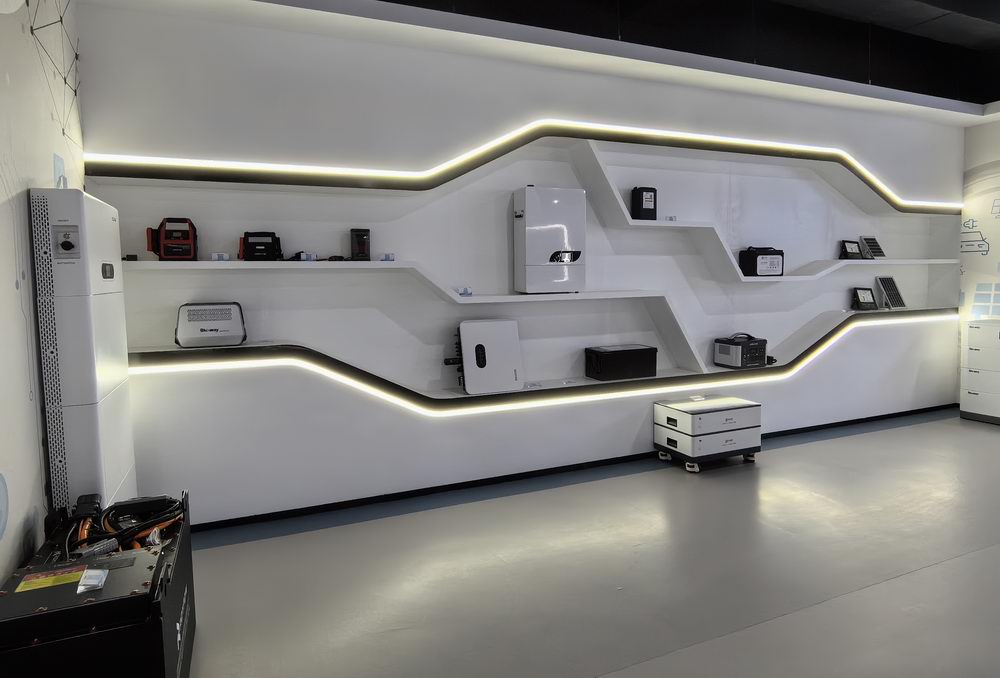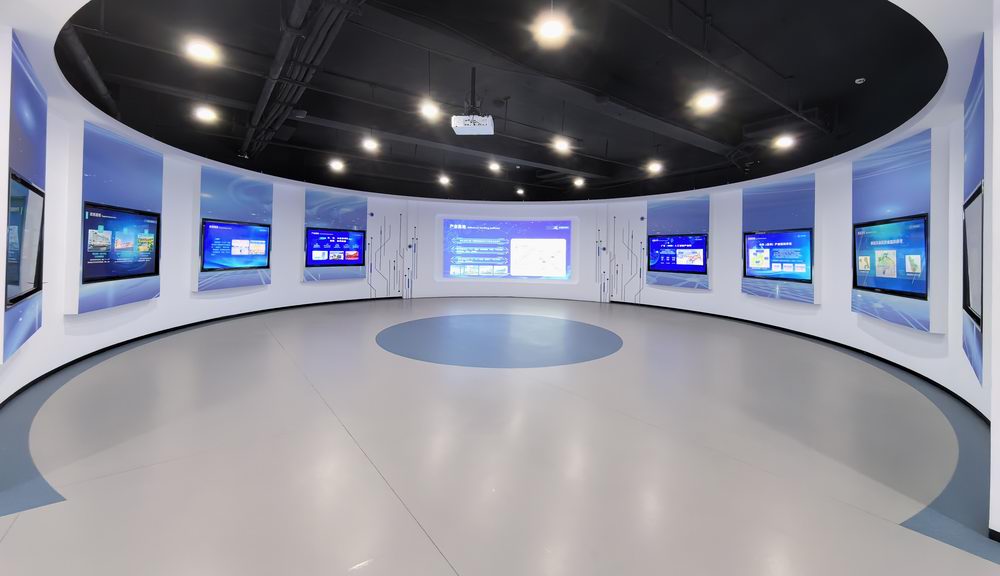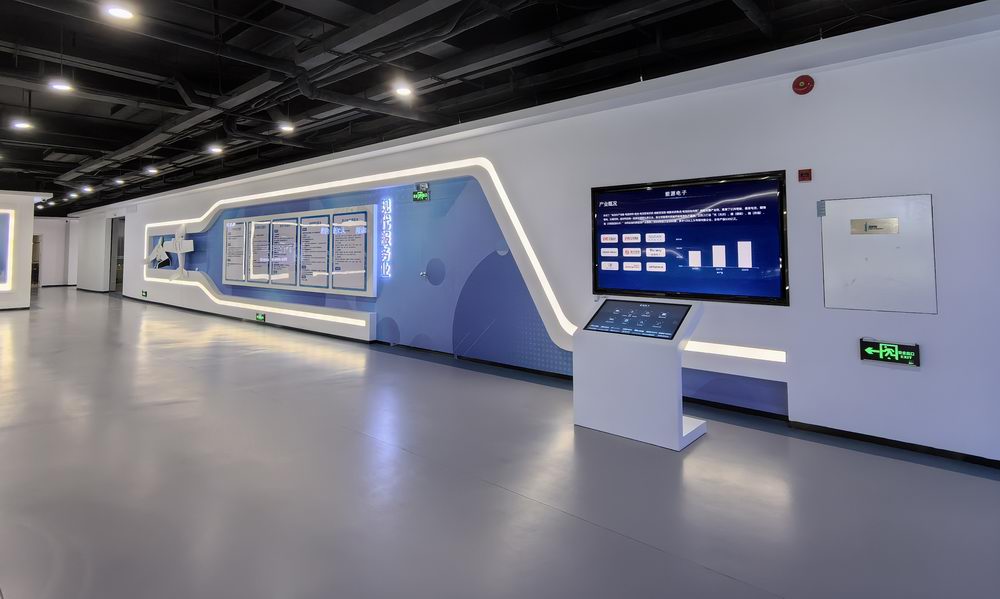What Are Regional Logistics Hubs and Their Benefits?

Regional logistics hubs are crucial components of contemporary economies. These hubs, exemplified by the Huizhou Zhongkai High-tech Zone, function as key centers for the efficient movement of goods and resources. The Huizhou Zhongkai High-tech Zone is distinguished by its National Foreign Trade Transformation and Upgrading Base, which features an electronic information cloud platform. This platform plays a pivotal role in supporting industry clusters by offering essential infrastructure and services. Such hubs enhance regional productivity and economic growth, paving the way for the development of new logistics clusters. The influence on local economies is profound, leading to higher wages and increased productivity.
Understanding Regional Logistics Hubs
Definition and Purpose
What are regional logistics hubs?
Regional logistics hubs serve as central points for the distribution and management of goods. These hubs streamline the movement of products across various regions. A Regional Logistics Hub enhances operational efficiency by concentrating logistics activities in one area. This setup reduces transportation costs and time. The strategic location of a Regional Logistics Hub plays a crucial role in its effectiveness. Proximity to major transport routes boosts the hub's capacity to handle large volumes of goods.
Key purposes and functions
A Regional Logistics Hub supports industry clusters by providing essential services. These hubs facilitate trade and improve supply chain efficiency. Businesses benefit from reduced shipping times and costs. A Regional Logistics Hub also fosters innovation by creating a collaborative environment. Companies within the hub can share resources and expertise. This collaboration leads to the development of new logistics technologies and services.
Examples of Regional Logistics Hubs
Huizhou Zhongkai High-tech Zone
The Huizhou Zhongkai High-tech Zone stands out as a prime example of a successful Regional Logistics Hub. This zone features a National Foreign Trade Transformation and Upgrading Base. The electronic information cloud platform within the zone supports enterprises by offering vital infrastructure. Companies in the zone experience enhanced productivity and growth. The platform provides real-time data and analytics, which aid in decision-making. Businesses leverage these tools to optimize their operations and expand their reach.
Other notable examples
Memphis and Singapore showcase the potential of Regional Logistics Hubs. Memphis hosts numerous motor carrier terminals and distribution centers. The city's strategic location enhances its logistics capabilities. Singapore handles a significant portion of the world's maritime containers. The island-nation's efficient logistics infrastructure supports global trade. Both examples highlight the economic benefits of well-developed logistics clusters. These hubs contribute to local and national economies by creating jobs and fostering innovation.
Components and Functions of Logistics Hubs

Supporting Industry Clusters
The Huizhou Zhongkai High-tech Zone stands as a shining example of how logistics hubs support industry clusters. The electronic information cloud platform in this zone offers vital services to enterprises. Companies benefit from real-time data and analytics, which help optimize operations. This platform enhances communication and collaboration among businesses. Enterprises can share resources and expertise, leading to innovation and growth. The cloud platform also aids in reducing operational costs and improving efficiency.
Logistics hubs like the one in Huizhou play a crucial role in supporting industry clusters. These hubs provide essential infrastructure that attracts diverse industries. Companies in sectors like life sciences, advanced manufacturing, and clean-tech energy find a supportive environment. The presence of a logistics hub boosts economic resilience and robustness. Businesses experience increased productivity and competitiveness. The supportive environment fosters the development of new logistics technologies and services.
Infrastructure and Governance
Infrastructure is the backbone of any successful logistics hub. Well-developed roads, railways, and ports ensure smooth transportation of goods. Efficient infrastructure reduces transit times and costs, enhancing trade efficiency. Logistics hubs rely on robust infrastructure to handle large volumes of goods. The strategic location of a hub further amplifies its effectiveness. Proximity to major transport routes increases a hub's capacity to serve industry clusters.
Governance and management are equally important for logistics hubs. Effective governance ensures smooth operations and continuous improvement. Regional economic development agencies often play a significant role. These agencies provide policy support and investment in infrastructure. Good governance attracts businesses and promotes economic growth. Management teams focus on maintaining high standards of service and infrastructure. This focus helps in sustaining the hub's competitive edge.
Benefits of Regional Logistics Hubs

Economic Benefits
Impact on local economies
The Huizhou Zhongkai High-tech Zone serves as a prime example. Huizhou Zhongkai High-tech Zone electronic information cloud platform supports enterprises by offering vital infrastructure. This support enhances productivity and growth for companies in the zone.
Contribution to national economies
Logistics hubs contribute significantly to national economies. They facilitate trade by streamlining the movement of goods across regions. The concentration of logistics activities in one area reduces transportation costs. This setup also improves the efficiency of supply chains. National economies benefit from increased exports and imports. The development of new logistics technologies and services fosters innovation. Governments recognize the importance of logistics hubs and invest in infrastructure. Policy support further enhances the contribution of these hubs to national economies.
Employment Benefits
Job creation
Many jobs are open to low-skilled workers and are concentrated locally. The Huizhou Zhongkai High-tech Zone exemplifies this trend. The zone's electronic information cloud platform supports enterprises. This support leads to increased productivity and competitiveness. As a result, companies expand and create more job opportunities.
Skill development
Logistics hubs promote skill development among workers. Employees gain valuable experience in various logistics activities. The collaborative environment fosters learning and innovation. Companies within the hub share resources and expertise. This collaboration leads to the development of new logistics technologies and services. Workers acquire new skills that enhance their employability. The Huizhou Zhongkai High-tech Zone offers training programs for employees. These programs focus on developing skills relevant to the logistics industry. The supportive environment ensures continuous skill development for workers.
Future Potential and Challenges
Current Trends
Technological advancements
Technology is shaking things up in logistics hubs. New tools and systems boost efficiency like never before. Imagine faster deliveries and smarter warehouses. The Huizhou Zhongkai High-tech Zone leads the way with its electronic information cloud platform. This platform helps businesses make quick decisions with real-time data. Companies can streamline operations and cut costs. Logistics clusters keep evolving, thanks to these tech upgrades.
Evolving market demands
Market demands change all the time. Consumers want quicker deliveries and better service. Logistics hubs must adapt to stay competitive. The Huizhou Zhongkai High-tech Zone supports businesses in meeting these demands. The cloud platform offers insights into consumer trends. Companies can adjust strategies to stay ahead. Flexibility becomes key in this fast-paced environment.
Government Initiatives
Policy support
Governments play a big role in logistics success. Policies can make or break a hub's growth. Places like Singapore and the Netherlands invest heavily in logistics startups. These countries offer programs to boost innovation. The Huizhou Zhongkai High-tech Zone benefits from strong policy backing. Support helps businesses thrive and innovate.
Investment in infrastructure
Infrastructure investment is crucial. Roads, railways, and ports need to be top-notch. The Huizhou Zhongkai High-tech Zone enjoys excellent infrastructure. This setup attracts diverse industries and boosts productivity. WTDC provides budding entrepreneurs with the tools they need. Warehouse space and equipment help new businesses get started. Strong infrastructure ensures smooth operations and growth.
Regional logistics hubs, like the Huizhou Zhongkai High-tech Zone, offer significant benefits. These hubs enhance trade efficiency and economic growth. Local businesses thrive with reduced costs and improved supply chains. The electronic information cloud platform supports enterprises by providing vital infrastructure. This support boosts productivity and innovation. Future potential lies in technological advancements and evolving market demands. Challenges include maintaining infrastructure and adapting to policy changes. Economic planning should consider logistics hubs for sustainable growth. Investing in these hubs ensures a competitive edge in the global market.
See Also
Maximizing Growth Potential in High-tech Zones
Huizhou's Tech Zone: Driving Industry Expansion
Discovering Innovation Hub in Zhongkai Tech Zone
Zhongkai High tech Zone National foreign trade transformation and Upgradi Base(Electronic Information)Cloud Platform.
Address: Zhongkai High-tech Zone,Huizhou City ,Guangdong,China
E-mail: huizhoueii@163.com 13510001271@163.com
Tel: +86-0752-3279220 Mobile: +86-13510001271


